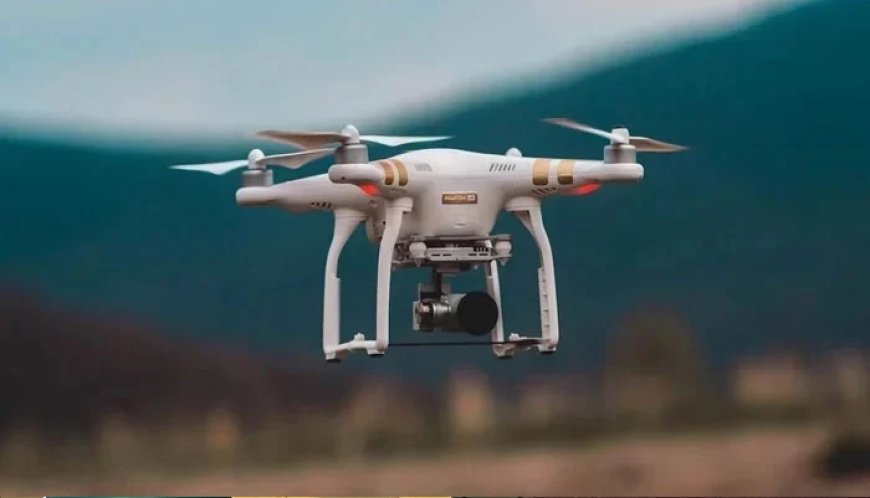Sindh CM orders police to use drones to monitor criminals' activities

1.
Sindh Chief Minister Murad Ali Shah has directed the Inspector General of Police (IGP) to deploy drones for monitoring criminal activities and their hideouts, according to an official statement.
In a meeting on law and order chaired by CM Murad on Thursday, it was decided to acquire 4,000 devices for E-tagging repeat offenders involved in street and drug crimes. The CM emphasized the implementation of geo-tagging and GPS technology to prevent such crimes in hotspot areas of the city.
The CM instructed the provincial police chief to allocate the 14 drones, which were procured last month, to the police forces in Sukkur, Ghotki, Kashmore, and Shikarpur districts for monitoring criminal activities and their hideouts.
“I am aware that the police, with the coordinated support of Rangers and other law enforcement agencies, have made progress in controlling law and order, including street crime in the city and kidnappings for ransom in the Kutcha area. However, we should leverage the latest technology to further curb crime,” the CM stated, adding that sufficient funds have already been provided to the police for necessary equipment.
The CM stressed the importance of addressing drug-related issues to improve the crime rate in Karachi. He expressed concerns about the future generation and society at large becoming prone to drug use, which could lead to increased crime and lawlessness.
The CM was informed that 4,000 devices would be procured for the E-tagging of repeat offenders, including street and narcotics criminals. He also highlighted the budget allocation for installing trackers in police vehicles, with 3,302 vehicles already equipped with the system.
Additionally, under the first phase of the Karachi Safe City project, the installation of 1,300 cameras has commenced, with Rs5.6 billion already released for the project.
CM Murad directed the police to adopt laser-guided fencing technology for border security and instructed the IG police to coordinate with the National Radio & Telecommunication Corporation (NRTC) to explore its implementation.
The use of GPS and related technology was emphasized for preventing drug-related criminal activities through efficient monitoring.


















































